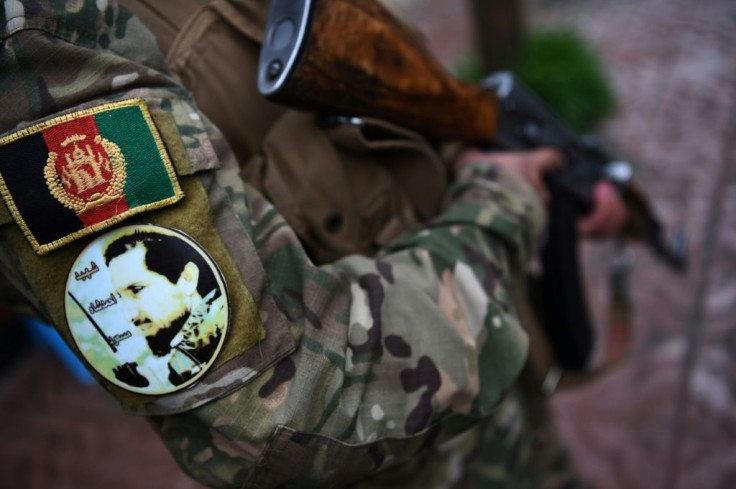Peace With Taliban On Shaky Ground

KEY POINTS
- There is a 14-month withdrawal timeline for all US troops
- Negotiation between Afghan government and Taliban part of agreement
- Barely 3 days after the agreement, pro-government forces targeted
- In the event the peace agreement holds it would end a 19-year war
The U.S. and the Taliban signed an agreement over the weekend, signifying the potential end of a 19-year war that began after the September 11 attacks in 2001. But is this going to be the end of hostilities between the two? That depends on who you ask.
According to the current administration, this is a momentous occasion, which it would be if it halted the war. Very little of the actual agreement has been made public, and now there is information to suggest that some of the back-channel agreements may infuriate the public. Public support for the war in Afghanistan has waned over the last few years.
Some of the men and women currently fighting in Afghanistan weren't even born when the hostilities began. Do they even know what they are fighting for at this point? What was the tipping point that all of a sudden allowed the United States and the Taliban to come to terms?
According to a report by The Guardian, the answer may be quite straightforward. Just days after the agreement was signed with the United States, attacks restarted in Afghanistan. The deal was not for all hostilities in Afghanistan to end; it was an agreement that would allow the U.S. to remove troops from Afghanistan without further attacks from the Taliban.
Marine Corps sergeant John Sica tells International Business Times that the consensus among his Marines is that this peace agreement is frail at best because there was nothing left in place to maintain checks and balances on the Taliban. These are the men and women who have been fighting for almost two decades, and they would know.
A report by The Washington Post indicates that there is a 14-month timeline to withdraw all U.S. and foreign troops from Afghanistan. That is great because the men and women of the U.S. Armed Forces get to come home, and the president gets to look like a shining example of diplomacy in an election year.
There will be nothing in Afghanistan to hold the current government in place, and the Taliban may very well be able to move in rather quickly. There is nothing in the terminology of the agreement that dictates an impartial surrender of the Taliban or its forces. An agreement that was clearly stated by U.S. officials over the weekend indicating that some 5,000 prisoners would be returned to the Taliban and a thousand would be returned to the Afghan government and the allies, was never actually discussed between the two governments and has essentially been scoffed at by the Afghan government.
This may be why there was no fanfare or ticker-tape parades when the announcement was made that a peace agreement had been struck and hostilities would be coming to an end. Even if this is the end of the war in Afghanistan, there will be no great speeches, no full front-page ads declaring great victory. There will, in fact, be no such declaration without looking foolish. There was no Victor. When all is said and done, the Taliban will be free to roam Afghanistan again with nothing to stop them.
Petty officer Brian Spence with the U.S. Navy told the International Business Times that he and his fellow sailors are happy to see the troops come home, but they do not believe this is the actual end of the war. The consensus is the U.S. government gave in to save face at home. Nobody wants to see a battle, especially one that lasts 20 years but if you're going to commit to fighting a war, you should at least define your objectives and come home when they are done.
© Copyright IBTimes 2025. All rights reserved.






















